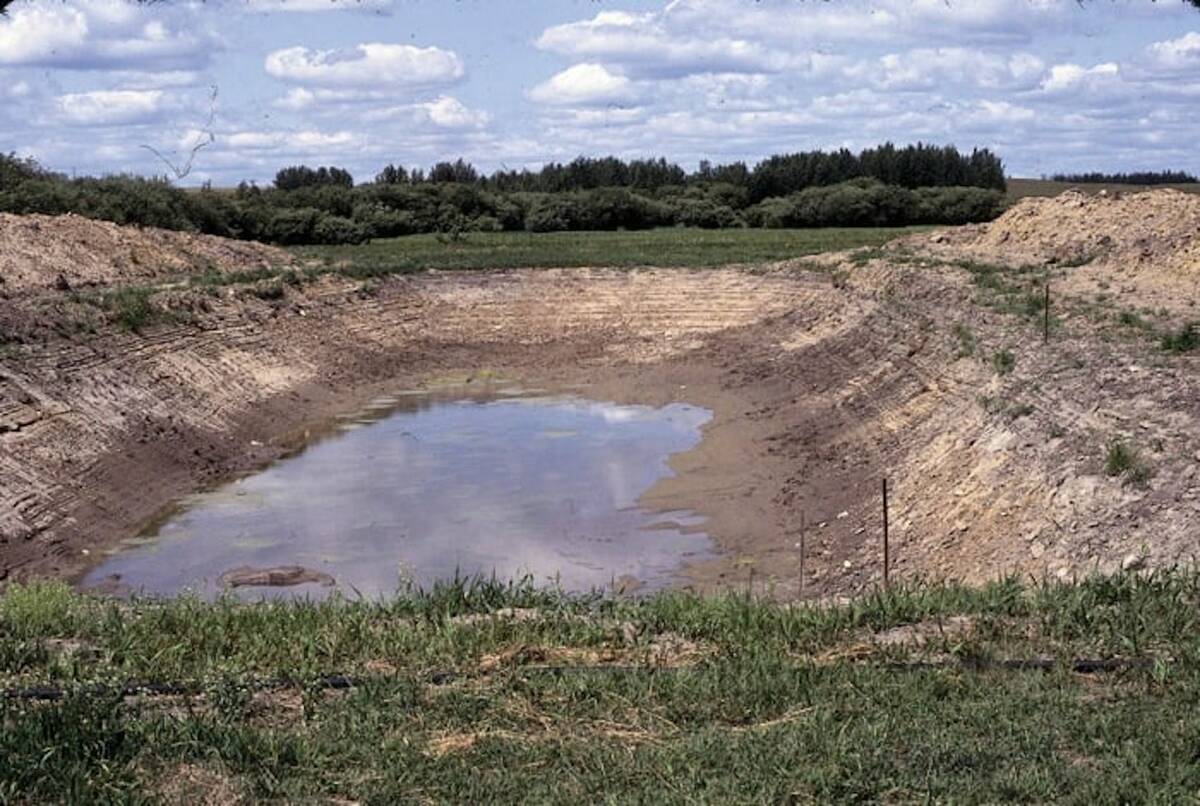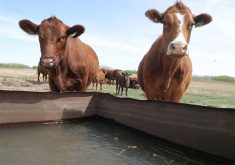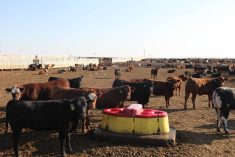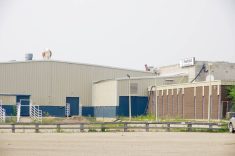Those who pay the bill often claim they should call the shots.
Many Alberta cow-calf producers argue that since more than 90 percent
of the revenue for the Livestock Inspection Services comes from their
brand inspection fees, they should control the agency’s board of
directors.
“We can recognize that the composition of the board should be reviewed
so it is more reflective of who pays for LIS services,” said Alberta
Cattle Commission delegate Len
Vogelaar.
Read Also

Dry summer conditions can lead to poor water quality for livestock
Drought conditions in the Prairies has led to an decrease in water quality, and producers are being advised to closely monitor water quality for their animals.
However, he does not want some groups excluded in favour of another.
Commission delegates approved a resolution requesting broader
representation of primary producers on the board of directors.
That is not likely to happen soon, said LIS chair Dale Wilson.
“As far as removing board members, I can’t see that happening,” said
Wilson in an interview.
Changing the structure of the board may involve a regulatory change
from the province.
There are 10 members – a government representative without voting
power, eight industry representatives and a chair.
The board has representatives from five different associations
including the Western Stock Growers Association, cattle commission,
Alberta Livestock Dealers and Buyers Association, Alberta Auction
Markets group, Feeder Association of Alberta, grazing council and the
wild horse equine association.
When brand inspection services were turned over to a private agency
three years ago, it was agreed the board had to be broad based and
diverse.
“There was concern amongst the groups that without a broad based
representation, some part of the industry may take the process in their
direction alone,” said Wilson.
The agency’s duties also include the administration of four livestock
related acts and regulations. It administers licensing and bonding of
dealers and stockyards, as well as overseeing the patrons’ assurance
fund that covers sellers if a buyer defaults on payment.
The LIS board met Dec. 13 and is looking at recommendations from the
cattle commission and other livestock groups, as well as the recently
released George Morris Centre’s cost benefit analysis.

















